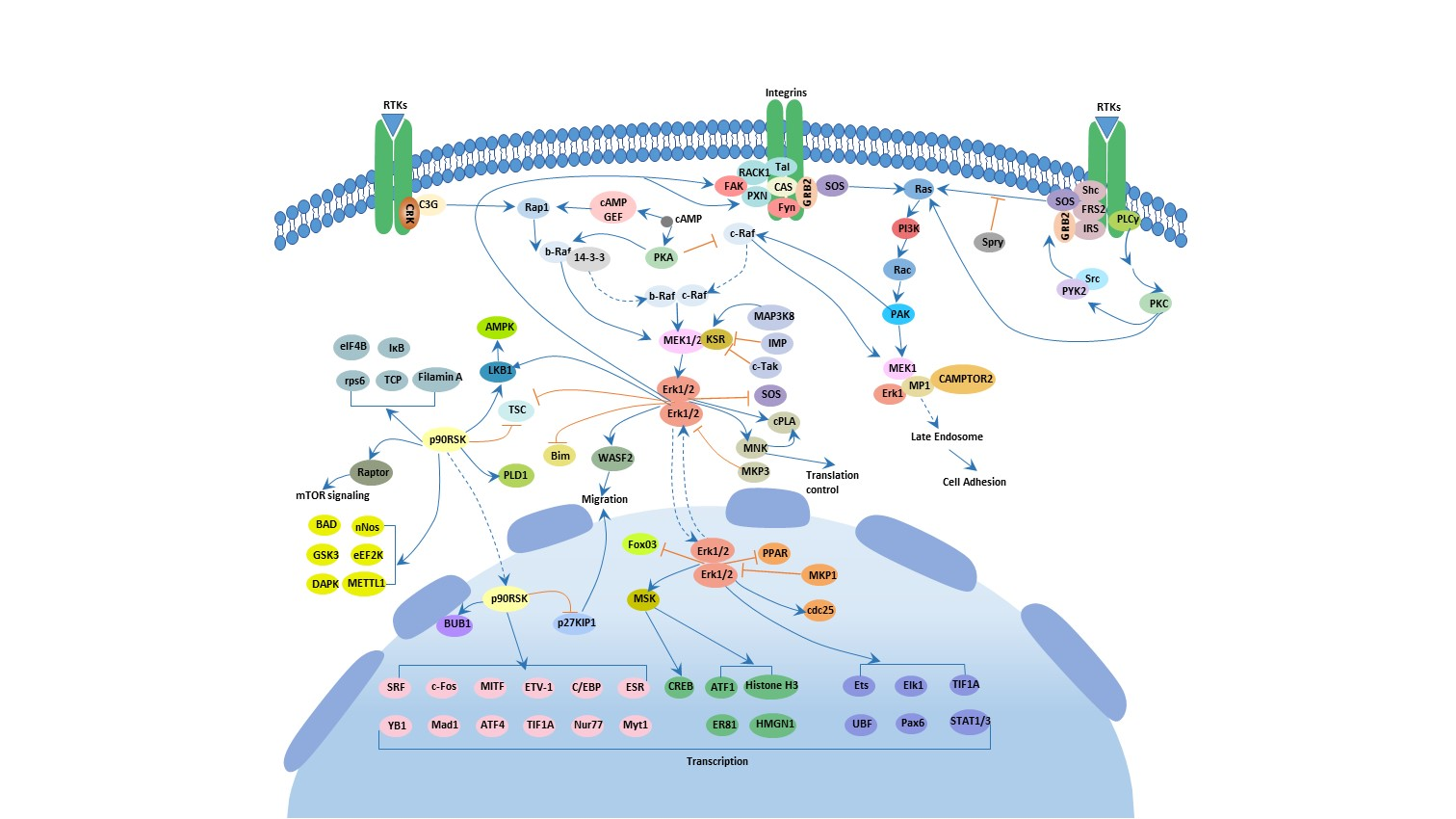
Stress Enhances Some Memories—but Not Always
It’s well-known that stressful events are often remembered more vividly than neutral ones. From an evolutionary standpoint, this makes sense: remembering where the lion chased you could save your life. But the biology behind this is anything but simple.
Reul (2014) explains that strong psychological stressors initiate a cascade of molecular changes in the hippocampus and amygdala, key regions involved in learning, memory, and emotion. In animal studies, stress-related memory formation relies heavily on glucocorticoid hormones like cortisol (or corticosterone in rodents), which are released during stress and bind to glucocorticoid receptors (GRs) in neurons [1].
Simulating Stress in a Lab is Tricky
In animal studies, stress can be induced through tests like the forced swim test or Morris water maze, which reliably elevate glucocorticoids and activate memory formation pathways. But in humans, ethically inducing high levels of stress is much harder—researchers can’t just dunk people in cold water or give them electric shocks.
This means that lab-based stress tests (like giving a surprise math quiz or asking participants to speak in front of a crowd) often fall short of triggering the deep biological mechanisms that actual trauma or survival-related stress would.
Not Everyone Reacts to Stress the Same Way
One of the biggest obstacles is individual variability. Some people under stress develop strong, clear memories. Others forget details or block the event entirely. This is partly explained by variations in anxiety levels and GABAergic control, as Reul’s study highlights [1].
In the hippocampus, a person’s anxiety level influences how their neurons respond to stress at the molecular level. Higher anxiety tends to amplify stress responses—via both hormone release and epigenetic changes—making certain memories stronger or more “sticky” [2].
Epigenetics: The Memory Code That Keeps Changing

Stress doesn’t just flip a switch in your brain; it rewires it—literally. Reul and colleagues found that stress activates the ERK-MAPK signaling pathway, which leads to a specific modification on histone proteins: H3S10 phosphorylation and K14 acetylation (H3S10p-K14ac). This chromatin remodeling opens up DNA for transcription of “immediate-early genes” like c-Fos and Egr-1, which are critical for long-term memory consolidation.
But this change doesn’t happen uniformly across the brain. These epigenetic marks are highly specific to areas like the dentate gyrus in the hippocampus, and are influenced by prior experiences, local interneuron activity (especially GABAergic tone), and afferent input from emotional centers like the amygdala [4].
We Still Don’t Know the Full Picture
Despite decades of research, we still can’t fully predict who will remember a traumatic event clearly, who will develop PTSD, and who will walk away largely unscathed. Reul’s research shows that the consolidation of stress-related memories depends on an intricate interaction between hormones, neurotransmitters, genetics, and environmental context.
The bottom line? Studying stress and memory is hard because the human brain is built for complexity. It’s not just about remembering what happened—it’s about how your biology, mood, history, and genes all converge in that moment.
And in the end, understanding that convergence might just be the key to treating stress-related disorders like PTSD and anxiety.
Resources
[1] Reul, J. M. H. M. (2014). Making memories of stressful events: A journey along epigenetic, gene transcription, and signaling pathways. Frontiers in Psychiatry, 5, Article 5. https://doi.org/10.3389/fpsyt.2014.00005
[2] Robinson, O. J., Vytal, K., Cornwell, B. R., & Grillon, C. (2013b). The impact of anxiety upon cognition: Perspectives from human threat of shock studies. Frontiers in Human Neuroscience, 7(203). https://doi.org/10.3389/fnhum.2013.00203
[3] MAPK Erk pathway – Cusabio. (n.d.). Retrieved from www.cusabio.com website: https://www.cusabio.com/pathway/MAPK-Erk-pathway.html
[4] Kandler, C. (2021, June 22). Epigenetic Regulation – an overview | ScienceDirect Topics. Retrieved from www.sciencedirect.com website: https://www.sciencedirect.com/topics/psychology/epigenetic-regulation